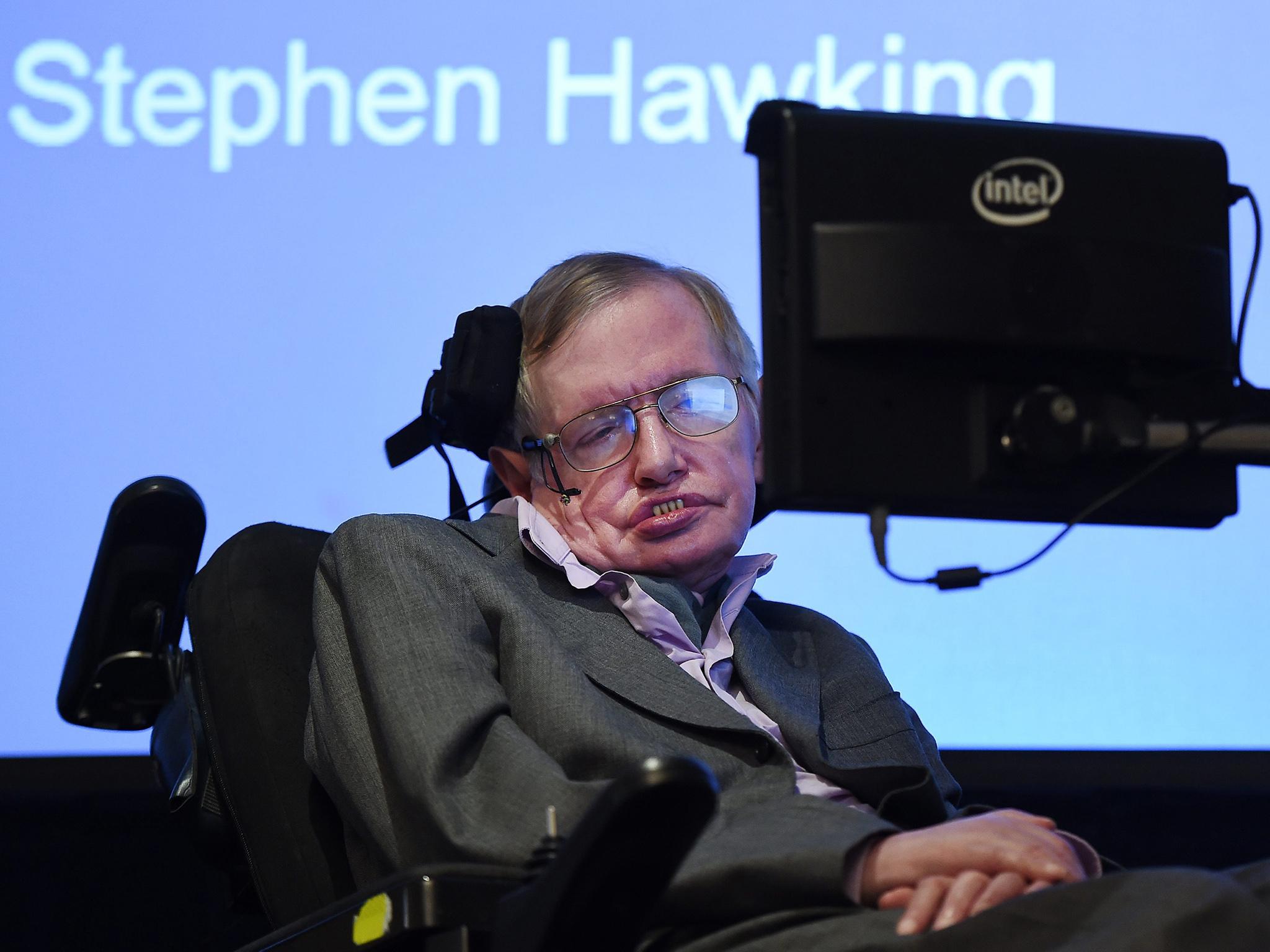Stephen Hawking's A Brief History of Time: Read the foreword by renowned astronomer Carl Sagan
'Hawking is attempting, as he explicitly states, to understand the mind of God'

We go about our daily lives understanding almost nothing of the world. We give little thought to the machinery that generates the sunlight that makes life possible, to the gravity that glues us to an Earth that would otherwise send us spinning off into space, or to the atoms of which we are made and on whose stability we fundamentally depend. Except for children (who don’t know enough not to ask the important questions), few of us spend much time wondering why nature is the way it is; where the cosmos came from, or whether it was always here; if time will one day flow backward and effects precede causes; or whether there are ultimate limits to what humans can know.
There are even children, and I have met some of them, who want to know what a black hole looks like; what is the smallest piece of matter; why we remember the past and not the future; how it is, if there was chaos early, that there is, apparently, order today; and why there is a universe.
In our society it is still customary for parents and teachers to answer most of these questions with a shrug, or with an appeal to vaguely recalled religious precepts. Some are uncomfortable with issues like these, because they so vividly expose the limitations of human understanding. But much of philosophy and science has been driven by such enquiries. An increasing number of adults are willing to ask questions of this sort, and occasionally they get some astonishing answers. Equidistant from the atoms and the stars, we are expanding our exploratory horizons to embrace both the very small and the very large.
In the spring of 1974, about two years before the Viking spacecraft landed on Mars, I was at a meeting in England sponsored by the Royal Society … to explore the question of how to search for extra-terrestrial life. During a coffee break I noticed that a much large meeting was being held in an adjacent hall, which out of curiosity I entered. I soon realised that I was witnessing an ancient rite, the investiture of new fellows into the Royal Society, one of the most ancient scholarly organisations on the planet. In the front row a young man in a wheelchair was, very slowly, signing his name in a book that bore on its earliest pages the signature of Isaac Newton. When at last he finished, there was a stirring ovation. Stephen Hawking was a legend even then.
Hawking is now the Lucasian Professor of Mathematics at Cambridge University, a post once held by Newton and later by Paul Dirac, two celebrated explorers of the very large and the very small. He is their worthy successor. This, Hawking’s first book for the non-specialist, holds rewards of many kinds for the lay audience. As interesting as the book’s wide-ranging contents is the glimpse it provides into the workings of its author’s mind. In this book are lucid revelations on the frontiers of physics, astronomy, cosmology and courage.
This is also a book about God... or perhaps about the absence of God. The word God fills these pages. Hawking embarks on a quest to answer Einstein’s famous question about whether God had any choice in creating the universe. Hawking is attempting, as he explicitly states, to understand the mind of God. And this makes all the more unexpected the conclusion of the effort, at least so far: a universe with no edge in space, no beginning or end in time, and nothing for a Creator to do.
Carl Sagan (1934-1996) wrote this introduction for the first edition of ‘A Brief History of Time’, in 1988. Reprinted with permission of the Carl Sagan Estate
Join our commenting forum
Join thought-provoking conversations, follow other Independent readers and see their replies
Comments
Bookmark popover
Removed from bookmarks